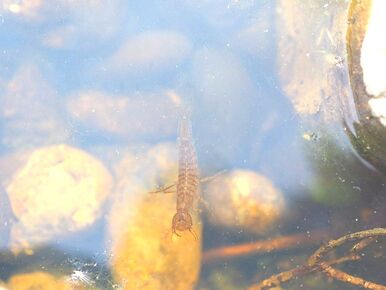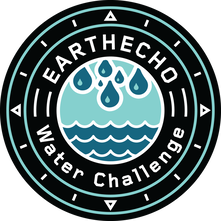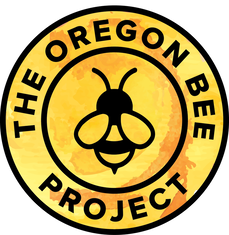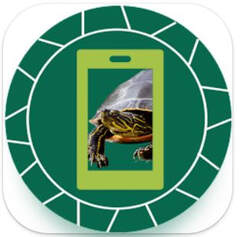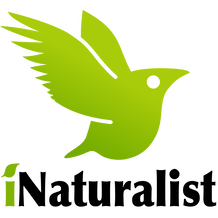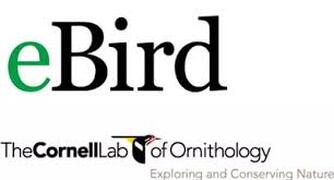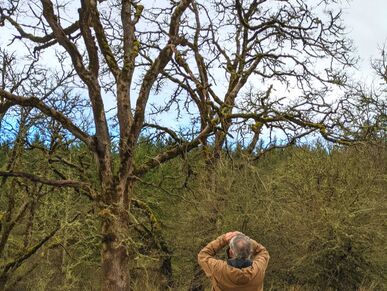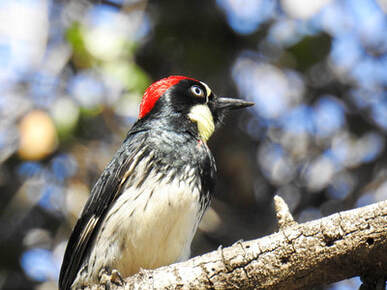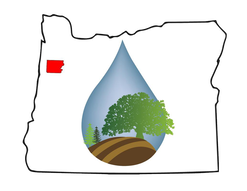Community science
Turn your curiosity for the natural world into positive, meaningful impact! Community science is for people that are inspired by the world around them. It is a form of research that provides everyone—regardless of their background—the opportunity to contribute meaningful data to further scientific understanding of key issues. Although trained scientists play a vital role in conservation, the wider community has the opportunity to be engaged and make important contributions. The study of nature is for everyone!
Please direct any questions to our Outreach Coordinator, Morgan Neil: [email protected].
Please direct any questions to our Outreach Coordinator, Morgan Neil: [email protected].
dragonfly larvae as indicators of mercury impairmentOregon State University is partnering with U.S. Environmental Protection Agency and U.S. Geological Survey to monitor mercury contamination in the Willamette Valley and engage community members in collaborative science. Using dragonfly larvae as indicators of mercury impairment, they will monitor 100 sites and assess how mercury exposure risk changes across the complex landscape of the Willamette River Watershed. At each site, they will collect observation habitat data, water chemistry data, and 15 dragonfly larvae for mercury concentration analysis. They are seeking interested landowners with water bodies on their property (ponds, wetlands, or streams) that would be interested in learning more about the project and potentially giving permission to collect data on their property. Field work must be completed by November 2023. Please contact Cailin Sinclair at [email protected] for more information!
|
earthecho water challengeThe EarthEcho Water Challenge is a program that runs annually from March 22nd through December and equips anyone to protect the water resources we depend on every day. The Water Challenge builds public awareness and involvement in protecting water resources around the world by engaging the community to conduct basic monitoring of their local waterbodies. Protecting the quality of water in our local watersheds is a critical part of ensuring the overall health of the environment and our communities. Participating in the EarthEcho Water Challenge is a great way to be part of the solution to water issues worldwide.
|
the oregon bee atlasThis program was the first of its kind in the world to train citizen scientists to both collect AND curate specimens for a university-led study. In just a few short years, the program has created one of the largest data sets on native bees and their floral associations in the world, and has led to countless new discoveries for the Pacific Northwest. The success of the Oregon Bee Atlas rests on the shoulders of committed volunteers. The Master Melittologist program is about Oregonians boldly going where no amateur melittologist has gone before! Specimen records are added annually to newly digitized historic records from the Oregon State Arthropod Collection to build the first comprehensive account of the native bee fauna of Oregon.
|
Oregon turtlesOregon’s native freshwater turtles need your help! At this website you can learn more about turtles in our state, why our native species are in trouble, and what you can do to help. You can also download the Oregon Turtles App to help researchers keep track of turtles across the state by reporting your observations of turtles, or use the online reporting tool. This website was developed by Western Oregon University, the Port of Portland, and the Oregon Native Turtle Working Group. The Oregon Turtles App and web reporting tool was developed by Western Oregon University in collaboration with the Oregon Department of Fish & Wildlife and the City of Salem, with support from the Oregon Conservation and Recreation Fund.
|
iNaturalistiNaturalist is a joint initiative of the California Academy of Sciences and the National Geographic Society. Every observation can contribute to biodiversity science, from the rarest butterfly to the most common backyard weed. Your findings are shared with scientific data repositories like the Global Biodiversity Information Facility to help scientists find and use your data. All you have to do is observe.
|
eBirdeBird is among the world’s largest biodiversity-related science projects, with more than 100 million bird sightings contributed annually by eBirders around the world. Your sightings contribute to hundreds of conservation decisions and peer-reviewed papers, thousands of student projects, and help inform bird research worldwide. eBird plays an increasingly important role in science and conservation. Applications of eBird data range from research and monitoring to species management, habitat protection, and informing law and policy. eBird is managed by the Cornell Lab of Ornithology.
|
Climate Watch, National Audubon Society
|
Polk SWCD invites you to learn about the birds in your favorite outdoor space or even your own backyard. Polk County is home to 309 species of birds and 254 of them can be seen at Baskett Slough Wildlife Refuge. They help maintain a healthy ecosystem. Become a community scientist and bird detective! Learn about and report the birds in Polk County with eBird. You can use all of your senses to start identifying local birds that are active day and night!
Polk SWCD le invita a aprender sobre las aves en su espacio favorito al aire libre o incluso en su propio patio. El condado de Polk es hogar a 309 especies de aves y 254 de ellas se pueden ver en el Refugio de Vida Silvestre Baskett Slough. Ayudan a mantener un ecosistema saludable. ¡Conviértete en un científico comunitario y detective de aves! Aprenda y informenos sobre las aves en el Condado de Polk con eBird. Puedes usar todos tus sentidos para comenzar a identificar aves locales que están activas...¡Día y Noche! |

